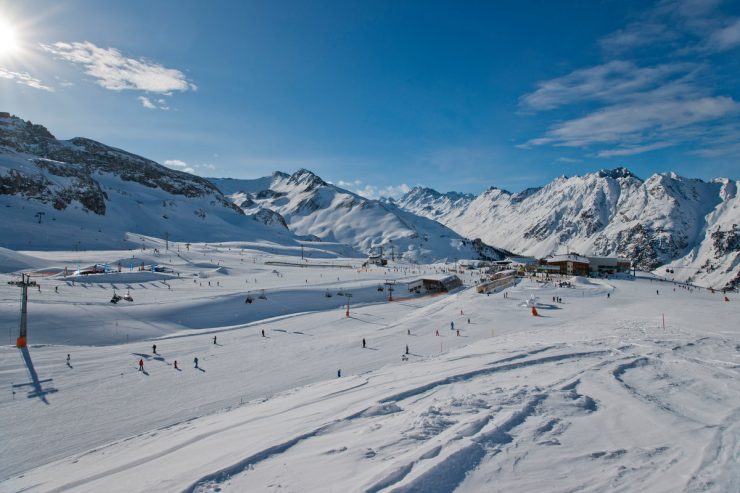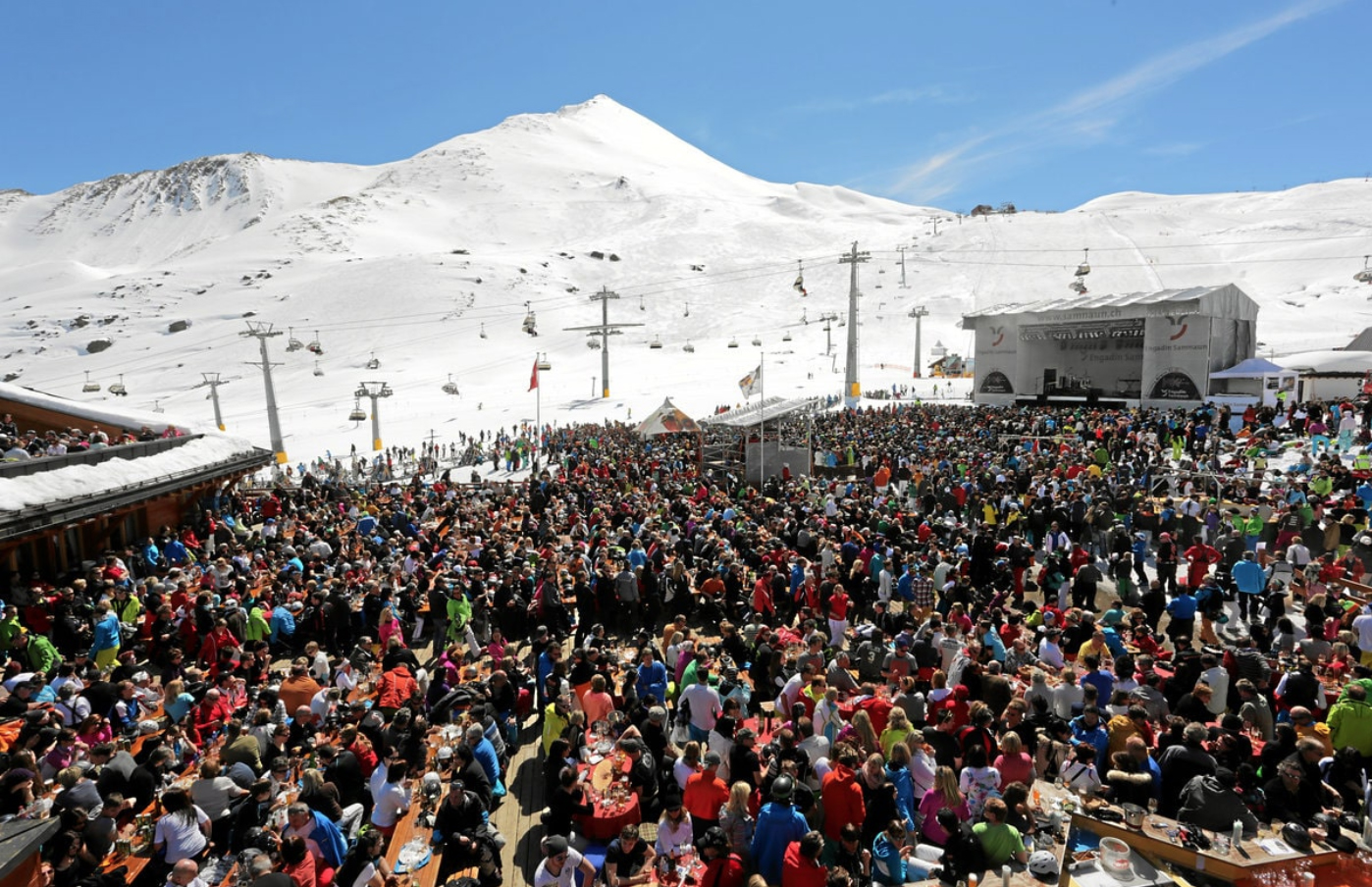The Tyrol region of Austria—home to what is believed to be Europe’s first “super spreader” event back in March 2020, and where ski areas have been open for locals this winter—is once again a leader, in an unfortunate way. It is home to the European Union’s largest known outbreak of the coronavirus variant first detected in South Africa. A reported 293 cases of the more contagious variant have been confirmed in Tyrol, 120 of which are currently active, according to the Associated Press. They are concentrated in the Schwaz district, east of Innsbruck.
Read More on Austrian ski resort a super spreader across Europe
Tyrol officials on Monday created a list of measures to combat virus spread. The list includes more police checks on mask-wearing and social distancing, and a requirement for negative antigen tests before people can use aerial lifts at ski areas.
Further, Austrian Chancellor Sebastian Kurz said Tuesday that for 10 days starting Friday, Feb. 19, people will have to produce a negative coronavirus test from within the last 48 hours to leave the Tyrol province.
This is all happening in Tyrol, even as Monday marked the end of a roughly six-week lockdown in Austria, allowing schools and businesses to reopen across the country.
Elsewhere in Europe, French ski resorts are closed at least through February. Germany and Scotland have extended lockdowns until Mar. 7; several German resorts, including Garmisch Partenkirchen, Germany’s largest, has said they will not open even if allowed after Mar. 7, due to the logistical challenges and cost. Swiss resorts are open, but with many restrictions on travel and quarantining. Italian resort bans have been extended until March 5, due to concerns over the spread of coronavirus variants in the country.
European governments are taking the pandemic seriously and acting responsibly for their people.



















